The Supreme Court has quietly ended President Trump's legal quest to shield his White House records from the Jan. 6 Committee.
The Court previously rejected the former president's bid to block the National Archives from releasing papers from his administration, while considering his request.
Those documents are already in the hands of the select committee investigating the U.S. Capitol attack.
Today's order means the rulings of lower courts that rejected Trump's claims of executive privilege stand.
His attempt to block access to witnesses and documents is officially over.
As Hot Air reports:
The court heavily foreshadowed this outcome with its refusal to issue a stay that would have prevented the National Archives from responding to the January 6 congressional committee. The lack of a stay allowed the archivists to supply the investigation with the records demanded, which would have made the issue more or less moot anyway by the time the court heard the arguments in an appeal. That was clearly the signal last month at the time of the refusal of Trump's stay application; only Justice Clarence Thomas dissented, and even then did so without issuing a written statement. Justice Brett Kavanaugh wrote a concurrence that raised some potential issues, but in the end supported the decision to take a pass.
Today's refusal to grant cert comes as no surprise, then, but this was always a quixotic adventure. Presidents have had legal issues with invoking executive privilege while in office, especially in relation to potential criminal probes and “legitimate legislative oversight” functions. The attempted use of the privilege by a former president is, well, unprecedented — and entirely outside the scope of the Constitution. Despite all of the trappings we have erected around former presidents and now even presidents-elect during transitions, they have no special authority or powers; they are private citizens just like the rest of us, at least legally speaking.
It might have been useful for the Supreme Court to make that point more explicit by hearing arguments and issuing an opinion. Courts have been loathe to intrude on executive-privilege claims, usually seeing them as political questions to be settled between the other two branches. This case doesn't really lend itself to that option, though, since Trump is no longer in the executive branch — which is also the point of the Supreme Court's demurral, too. It might be just as well that they passed, however, given Kavanaugh's weird attempt to construct a graduated diminishment of executive privilege attached to persons rather than the office itself.
Trump can still try to fight it out in court, but federal judges will have heard this sotto voce message from the Supreme Court well enough. Unless Trump can convince Joe Biden to exercise privilege claims on his behalf, his presidential records will be an open book to Congress. And so will Biden's when the day comes, and so on, and so on, and so on …
Given that President Biden ordered the release of the Trump White House visitor logs to lawmakers investigating the events of Jan. 6, today's decision is all but set in stone.
President Biden rejected former President Trump's claims of executive privilege again and ordered the National Archives to release White House visitor logs to the House Select committee investigating the attack on the Capitol on January 6. pic.twitter.com/zEyZGaSS2e
— Forbes (@Forbes) February 16, 2022







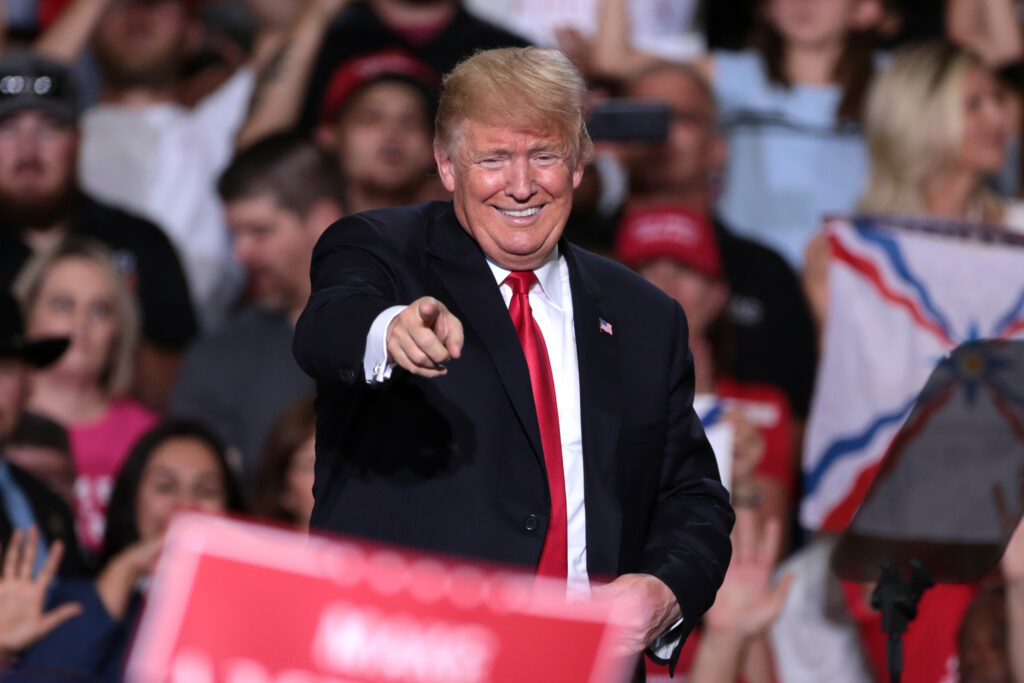





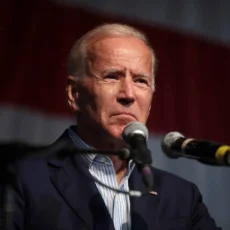
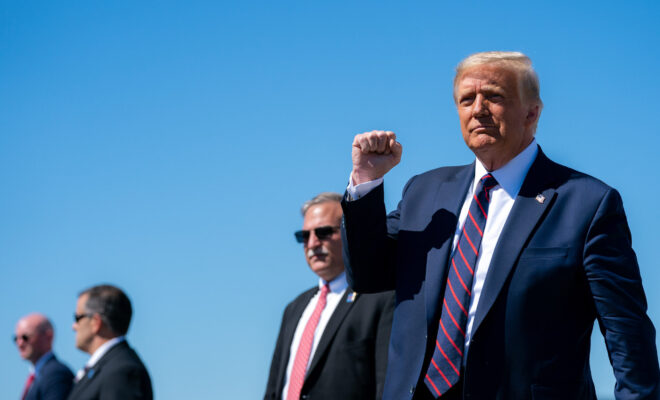
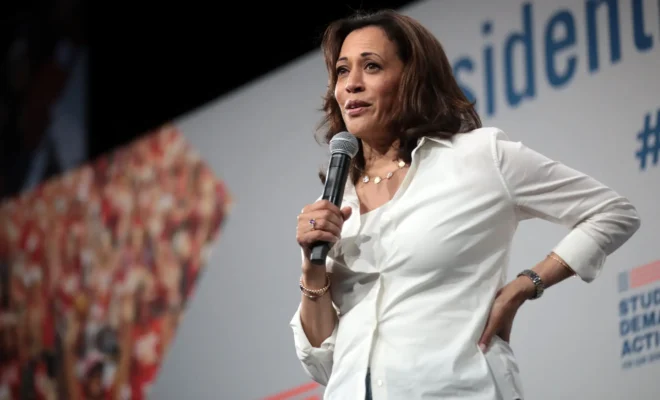



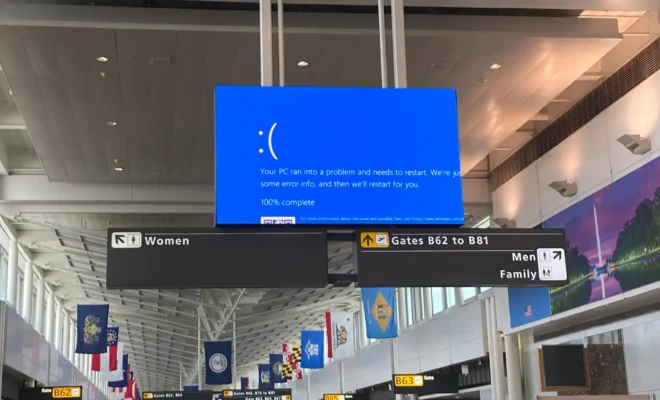


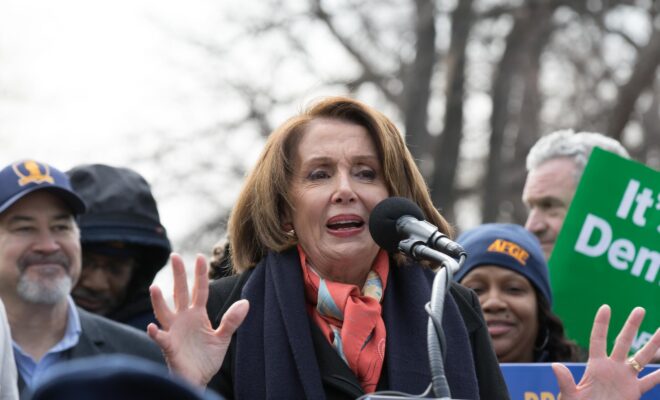



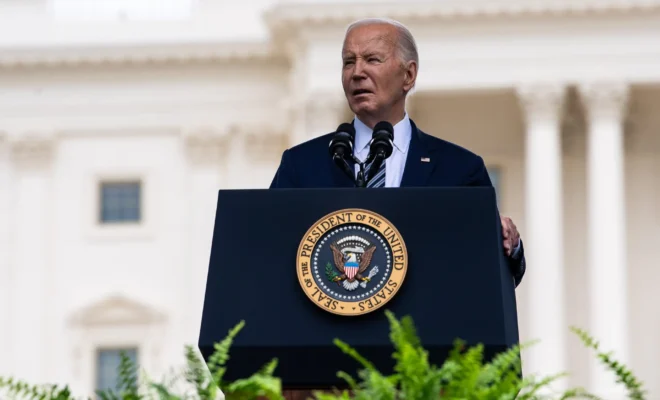
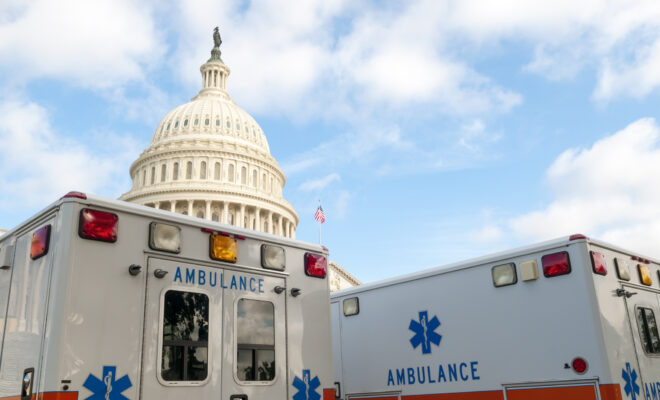
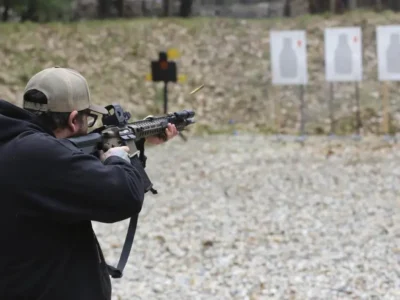




When dems are out of the White House they will rue this decision. Prison terms a’plenty will be coming their way. Including Joe, Hunter and QueMala.